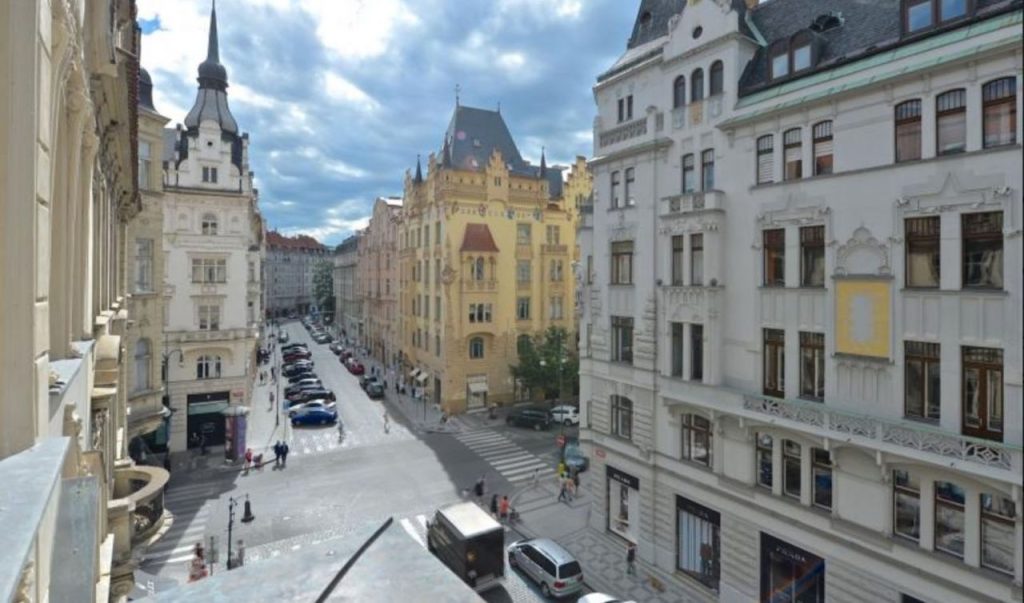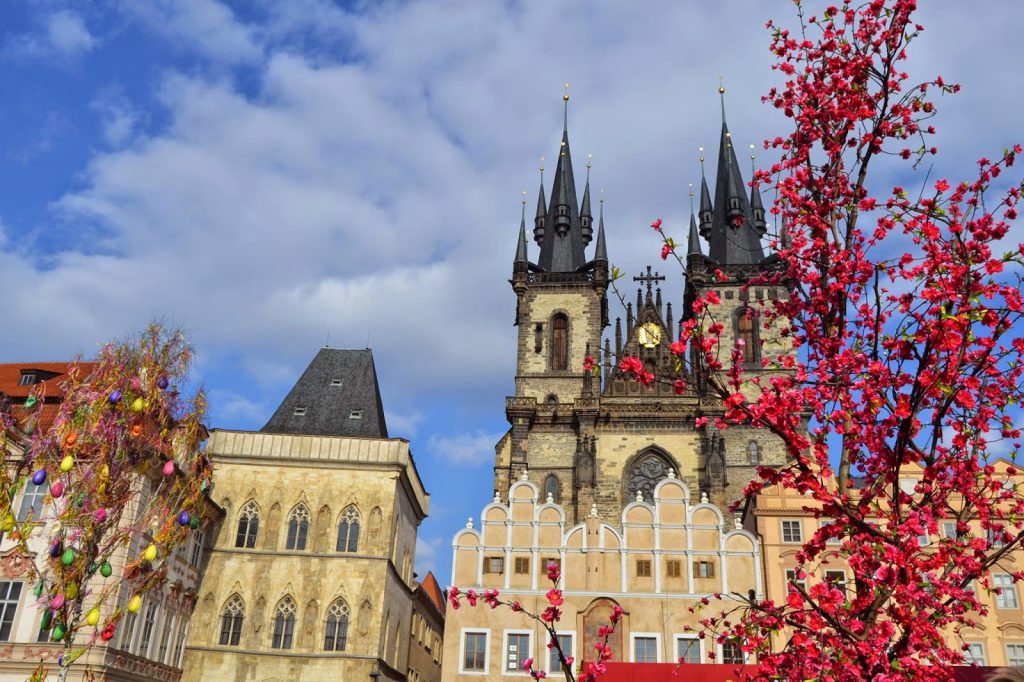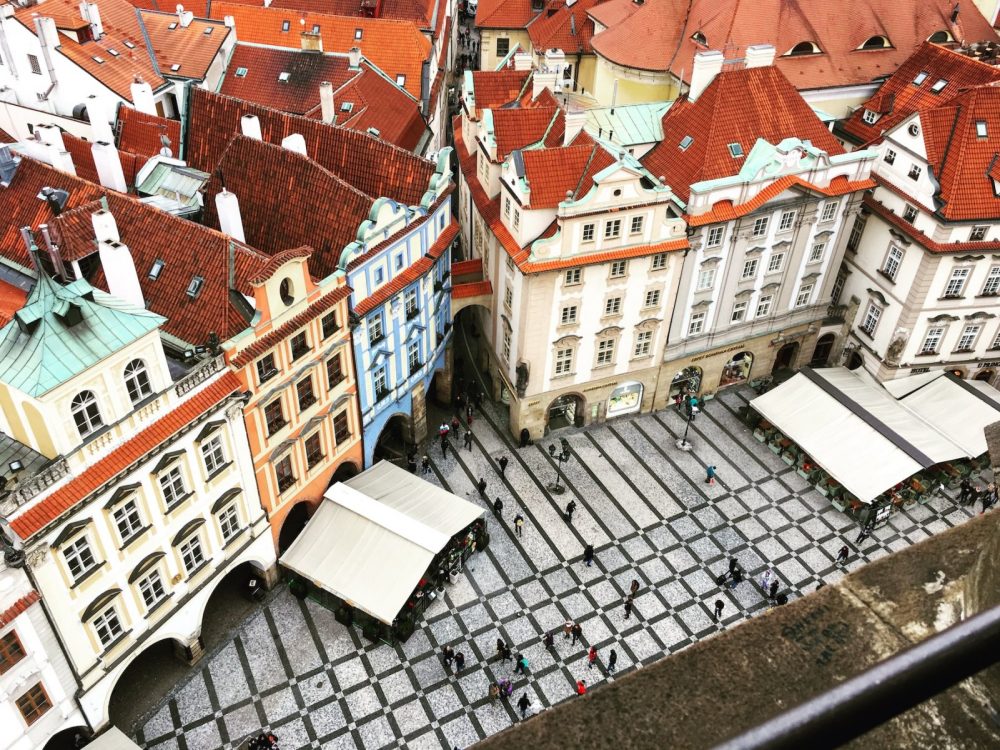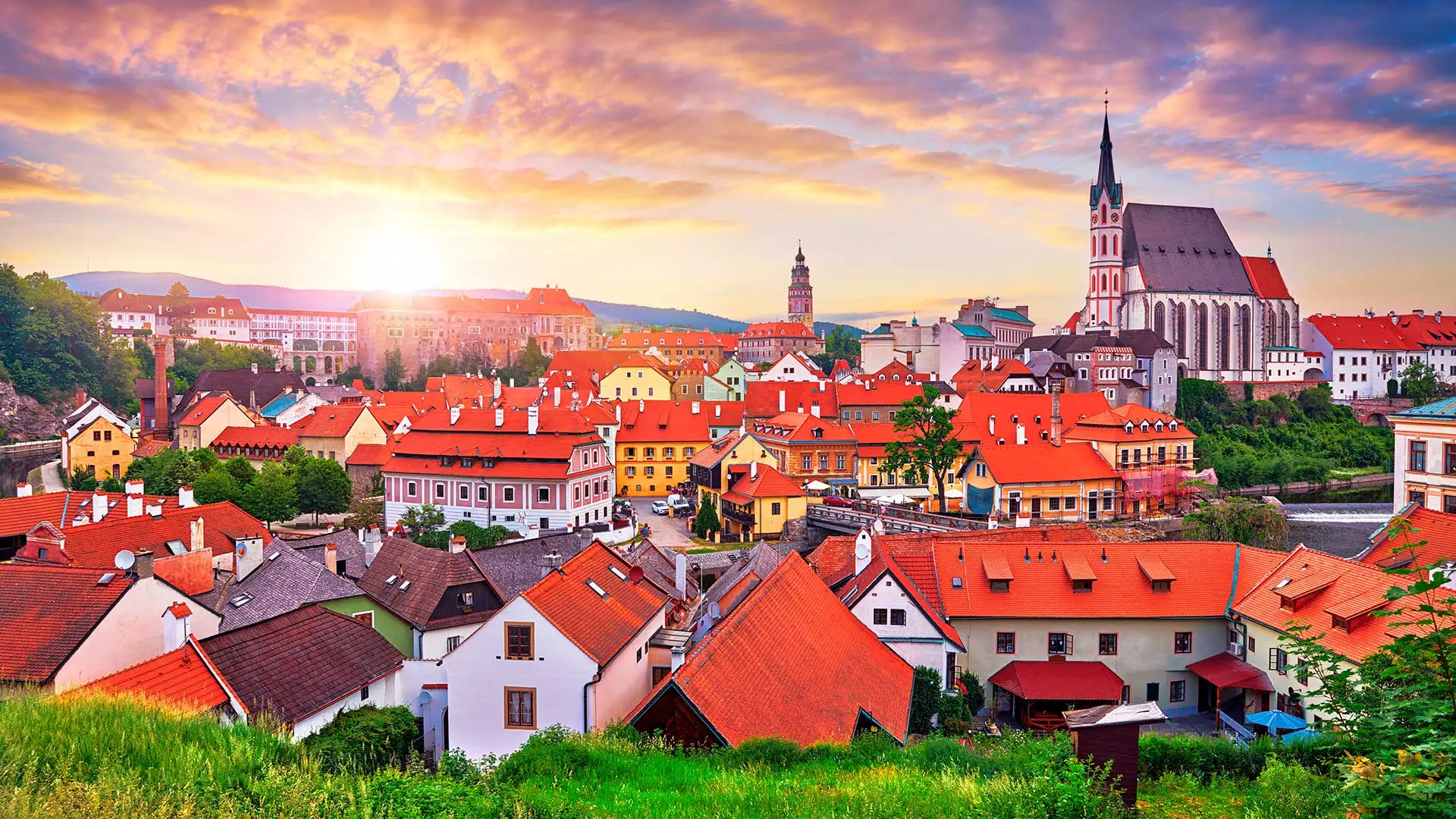Moving to the Czech Republic for permanent residence in 2025 is a great opportunity for those who are looking for a comfortable life in a country with a rich history, stable economy and high level of education. The country is known not only for its culture, but also for its affordable cost of living, which makes it an attractive destination for immigration.

Main stages of moving to the Czech Republic for permanent residence
Relocation consists of several key stages: obtaining a residence permit (LPR), finding accommodation, learning the local rules and integrating into society. Each step requires careful consideration, especially if the goal is long-term residence.
Obtaining a residence permit
To start the immigration process, you need to apply for a residence permit. The applicant needs to prove the purpose of stay: it can be work, study, entrepreneurship or family reunification.
Basic Steps:
- Preparation of documents: passport, questionnaire, income certificate, medical insurance.
- Submission of the application: the documents are submitted to the Czech consulate or to the local branch of the Ministry of the Interior.
- Interview: confirmation of intentions and provision of additional documents.
- Payment of fees: the fee ranges from 500 to 1000 euros, depending on the type of residence permit.
- Waiting time: application processing takes 2 to 6 months.
Transition to residence
After 5 years of continuous residence with a residence permit, it is possible to apply for permanent residence. Basic requirements:
- Czech language level (minimum A2).
- Financial Independence.
- No criminal record.
- Residence in the country for at least 183 days per year.
How to find accommodation in the Czech Republic
 Finding a place to live is one of the most important steps faced by anyone planning to move to the Czech Republic for permanent residence. The country offers a wide range of property, from renting small flats to buying luxury houses. The cost of housing varies depending on the region, type of property and proximity to the city centre.
Finding a place to live is one of the most important steps faced by anyone planning to move to the Czech Republic for permanent residence. The country offers a wide range of property, from renting small flats to buying luxury houses. The cost of housing varies depending on the region, type of property and proximity to the city centre.
Renting a home: key points
Renting is the best option. This is especially true for the first months of adaptation, when it is important to understand the peculiarities of local life:
- Prices: in Prague, renting a studio flat costs an average of 600 to 1200 euros per month. In Brno or Ostrava, rent will be cheaper – from 400 to 800 euros.
- Rental types: long term rentals are popular with families and professionals working in the country. For students and travellers, short-term options are relevant.
- Districts: in the capital, locations vary in infrastructure and comfort level. For example, the centre is suitable for those looking for an active life, while Prague 5 or 6 are great for families.
Buying property: a profitable investment
For those considering a move to the Czech Republic for permanent residence, buying a home is the right decision. It is not only a way to ensure comfortable living, but also an investment in a stable market:
- Property prices: in Prague, housing costs range from 2000 to 5000 euros per square metre. In Brno, prices are slightly lower, but also steadily increasing.
- The purchase procedure includes several stages: search for the object, execution of documents, notarisation of the transaction and registration of ownership.
- Additional costs: buying a property comes with the costs of a notary, realtor and taxes. The total amount of additional costs can be up to 5% of the value of the property.
To find accommodation, you can use specialised platforms such as Sreality.cz, Bezrealitky.cz or contact realtors who will help you find a suitable option.
Work in the Czech Republic for immigrants: opportunities and prospects
Moving to the Czech Republic for permanent residence is often motivated by the availability of the labour market. The country’s economy is growing steadily and the unemployment rate is one of the lowest in the EU.
What professions are in demand?
- IT specialists: companies related to software development, cybersecurity and artificial intelligence are actively developing in the Czech Republic.
- Engineers and technologists: the industrial sector remains one of the leading areas of the economy.
- Health workers: high demand for doctors, nurses and social care workers.
- Hospitality workers: the tourism industry offers many jobs for people with minimal language skills.
Where to look for a job:
- Job sites: Jobs.cz, Prace.cz – the most popular resources.
- Agencies: recruitment companies help you find jobs for long term or temporary contracts.
- Social media: platforms like LinkedIn give you the opportunity to connect with employers and colleagues.
Adapting to life in the Czech Republic
Moving to the Czech Republic for permanent residence opens a lot of opportunities for immigrants, but successful integration into the local society requires time and effort. Learning the language, culture and active participation in the life of the country are three key elements that will help you feel confident and comfortable in your new environment.
Language learning: the key to successful integration
Knowledge of the Czech language plays a crucial role in your adaptation. Even basic phrases will help to establish contact with the locals, facilitate the process of working with documents and make communication in everyday life more natural. Czechs appreciate it when foreigners show interest in their language and culture, which helps to create a friendly atmosphere:
- Courses: for those who have just arrived, there are language schools and programmes for immigrants. For example, Czech for Foreigners and Bohemia Institute are popular in Prague.
- Online resources: Duolingo, Memrise and YouTube channels with Czech lessons offer convenient ways to start learning on your own.
- Practising in real life: it is recommended to use the language in shops, cafes, markets and transport in order to learn and consolidate your knowledge more quickly.
Cultural adaptation: understanding local traditions
Moving to the Czech Republic for permanent residence means not only a change of residence, but also immersion in a completely new culture. The Czechs are renowned for their respect for tradition, so it is important to learn the specifics beforehand:
- Respect for punctuality: locals value accuracy and punctuality, so being late for an appointment may be perceived as disrespectful.
- Love of nature: the country has developed environmental consciousness. Residents actively participate in separate waste collection, keep the environment clean and enjoy spending time outdoors.
- Holidays and traditions: for example, Advent is widely celebrated in December with Christmas fairs and Masopust, a traditional carnival, is celebrated in March.
Education: international and public schools
For families with children, moving to the Czech Republic for permanent residence includes an important aspect – choosing a school. The country offers a wide range of educational institutions, from public to international schools where programmes are taught in English:

- Public schools: education is free of charge, but it is conducted in Czech. This is an excellent opportunity for children to quickly adapt to the local culture.
- International institutions such as the International School of Prague and Riverside School offer programmes in English, including bachelor’s degrees. This is a convenient option for families who are planning a short stay in the Czech Republic or who do not want to disconnect their children from the usual educational system.
- Extracurricular activities: many clubs, sports clubs and creative studios will help children develop their talents and make new friends.
Conclusion
 Moving to the Czech Republic for permanent residence in 2025 is an opportunity to improve the quality of life, gain access to European standards and realise your professional ambitions. Success depends on careful preparation: from choosing the type of residence permit to finding accommodation and adapting to the new society.
Moving to the Czech Republic for permanent residence in 2025 is an opportunity to improve the quality of life, gain access to European standards and realise your professional ambitions. Success depends on careful preparation: from choosing the type of residence permit to finding accommodation and adapting to the new society.
 en
en  ru
ru  de
de  ar
ar  es
es  nl
nl  hi
hi  fr
fr  it
it  pt
pt  el
el 









